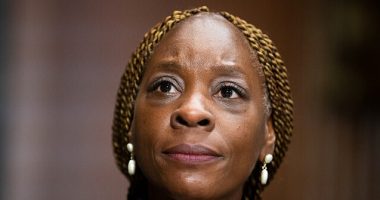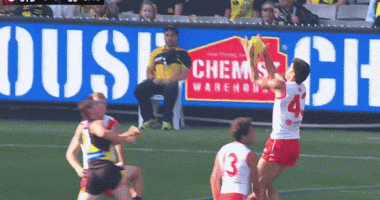
“I’ve had a six-foot-three man stand over me to the point where my deputy, who was sitting next to me, assumed that I was going to be physically assaulted.
“Schools can’t wave a magic wand and fix everything if families are going to push back and criticise and undermine, and be abusive and threatening, to the very people who are there to help their kids.”
Victoria had the lowest rates of offensive behaviour, following legislation to ban abusive parents from the schoolyard, but more than a third of school leaders were still subjected to physical violence (35.4 per cent) or threats (39.7 per cent).
Nineteen ban orders have been enacted since the orders were introduced in 2022, up by 10 in one year.
The Australian Principals’ Occupational Health and Wellbeing Survey includes school leaders across government, Catholic and independent schools in all states and territories. Last year, 2307 people were surveyed, representing nearly a quarter of all Australian school leaders.
The survey comes amid an ongoing staffing crisis in Australian schools, and after a Senate inquiry into disruptive behaviour in classrooms.
The quantity of work and lack of time to focus on teaching and learning were again the top sources of stress for respondents. Investigators said violent episodes were only adding to those issues.
Noel Dillon spent 25 years as a principal in the Catholic system before moving to his role as a mentor with the Independent Education Union Victoria Tasmania.
He said there had been a noticeable change recently in schools, with principals now getting little support from departments, and parents more likely to back their children’s behaviour rather than allow consequences.
“Principals are running scared,” he said. “They need the parents’ support to allow them to make these decisions. Otherwise, it’s only going to get worse.”
During 2023, school leaders worked an average of 55.95 hours each week during school terms and 21.83 during holidays.
Loading
Overwhelming workloads and violence had a flow-on effect on health, with surveyed school leaders showing higher rates of anxiety and depression than the general population. More still reported mental health concerns including burnout, stress and trouble sleeping.
Almost half (42.6 per cent) triggered a “red flag” email in 2023, signalling risk of self-harm, occupational health problems or serious impact on their quality of life.
More than half (56.04 per cent) also agreed or strongly agreed they had an intention to quit, particularly those with more than 15 years’ experience.
Kidson said an exodus of school leaders was no certainty, but the number intending to quit was triple that in the previous survey, and education ministers needed to urgently respond to the findings.
“As the saying goes, if you don’t change the direction, you’re likely to end up where you’re headed,” he said.
The Australian Secondary Principals’ Association will meet federal Education Minister Jason Clare and other experts and officials at its National Education Summit at Parliament House next Tuesday.
Read More: World News | Entertainment News | Celeb News
SMH










